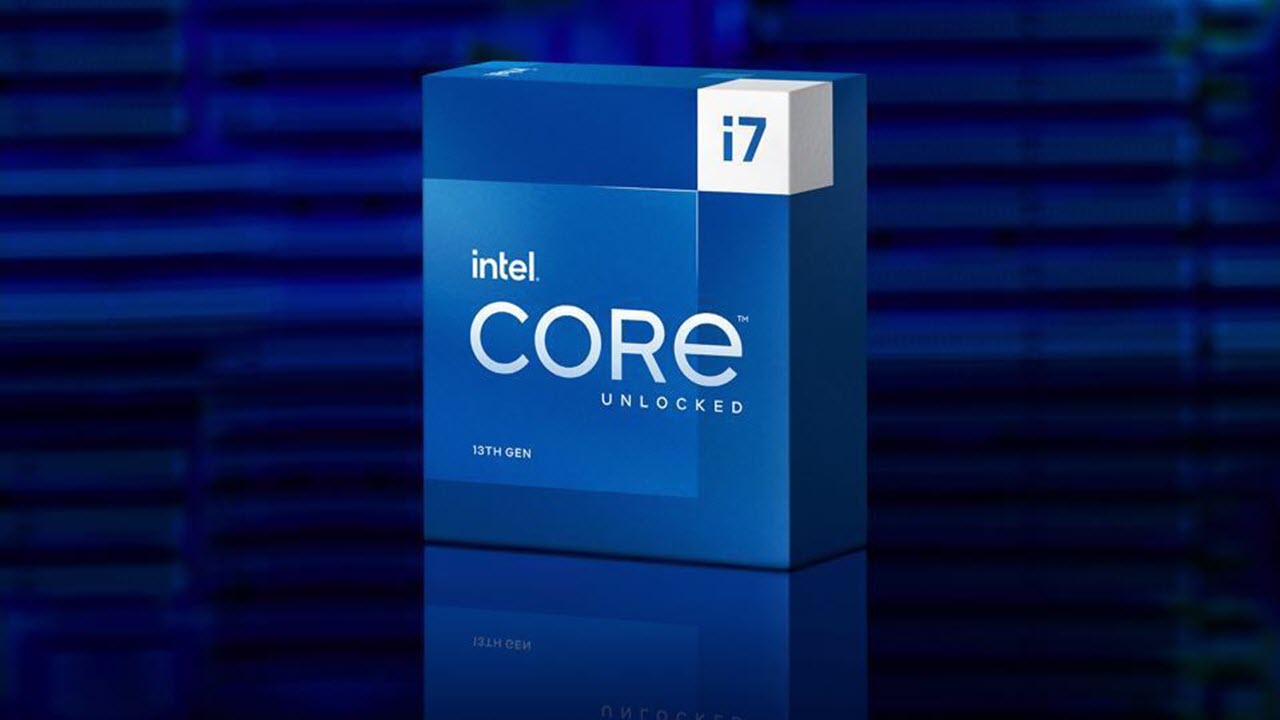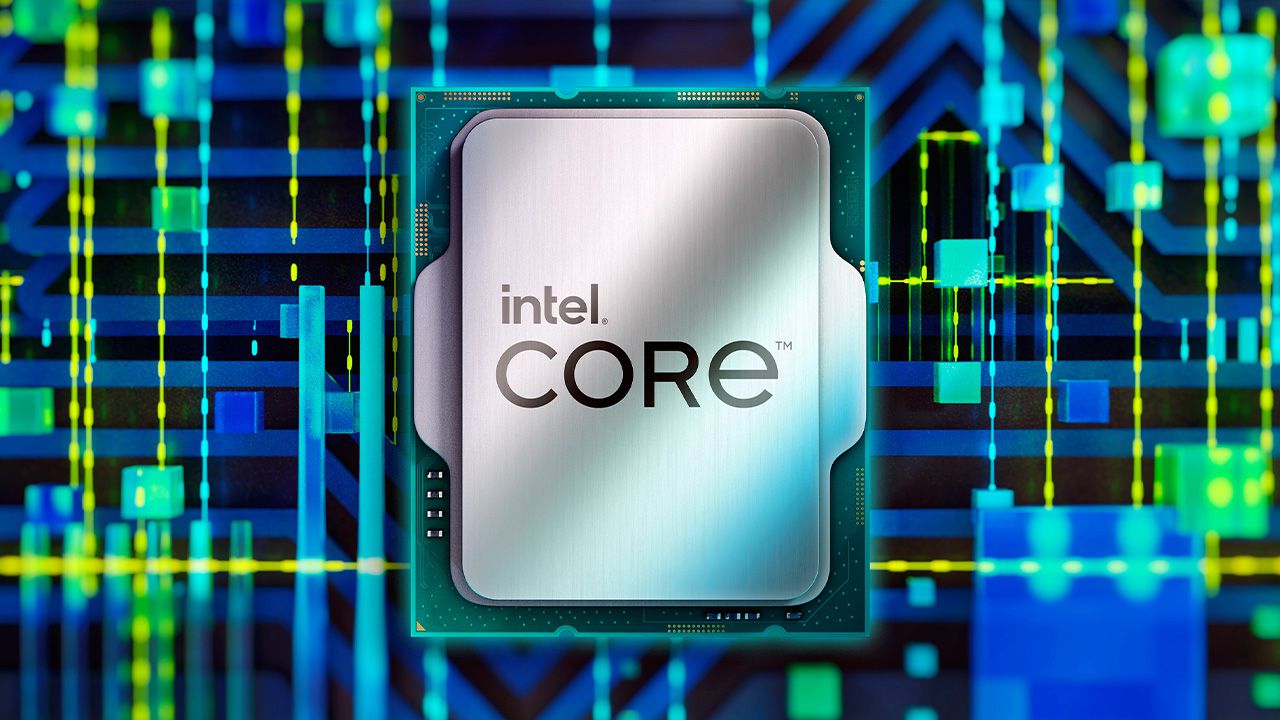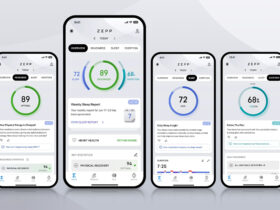As you know, Intel has faced several issues with its 14th and 13th generation CPUs in recent weeks. The Intel 0x12B patch is the third update aimed at mitigating the instability caused by the Vmin shift. Released just a few days ago, it appears there may be a performance hit with this patch when using a 14th or 13th generation Core i9 CPU. According to Intel’s blog, the company stated that the performance impact will fall within the run-to-run variation, including some synthetic applications like Cinebench R23, Speedometer, Crossmark, and others. Run-to-run variation is where performance differences are nearly imperceptible, generally falling below the margin of error.
This means a performance difference of about ±1% is expected when running the same application multiple times with the same hardware settings. However, this doesn’t seem to be the case with the new BIOS patch. As tested by Chiphell forum user ‘twfox’, Intel CPUs are experiencing a performance drop in synthetic benchmarks. The user tested the Intel Core i9 13900K processor on an ASUS motherboard and uncovered some interesting details. One notable change is the removal of the option allowing users to disable C1E in the BIOS, which helps manage processor stress while maintaining CPU stability.
Users planning to build a computer from scratch on the Intel platform should consider opting for mid-range or budget Raptor Lake/Refresh chips or ensure their motherboards are updated with the correct BIOS patches to ensure stable performance with 14th and 13th generation Core i9 CPUs, or wait for the Arrow Lake “Core Ultra Series 2” chips.










